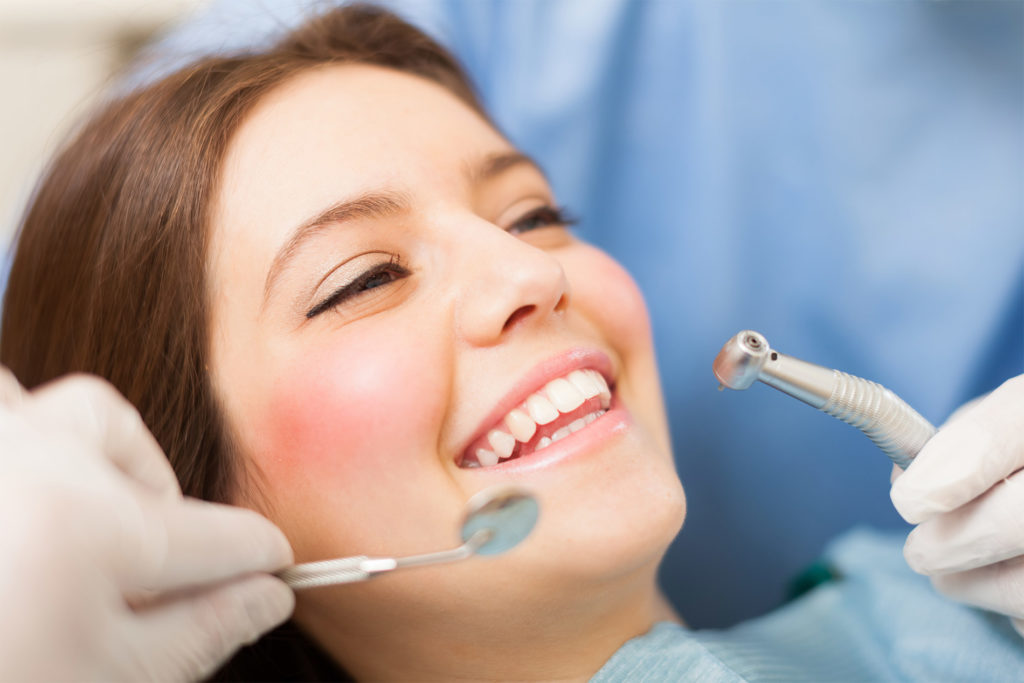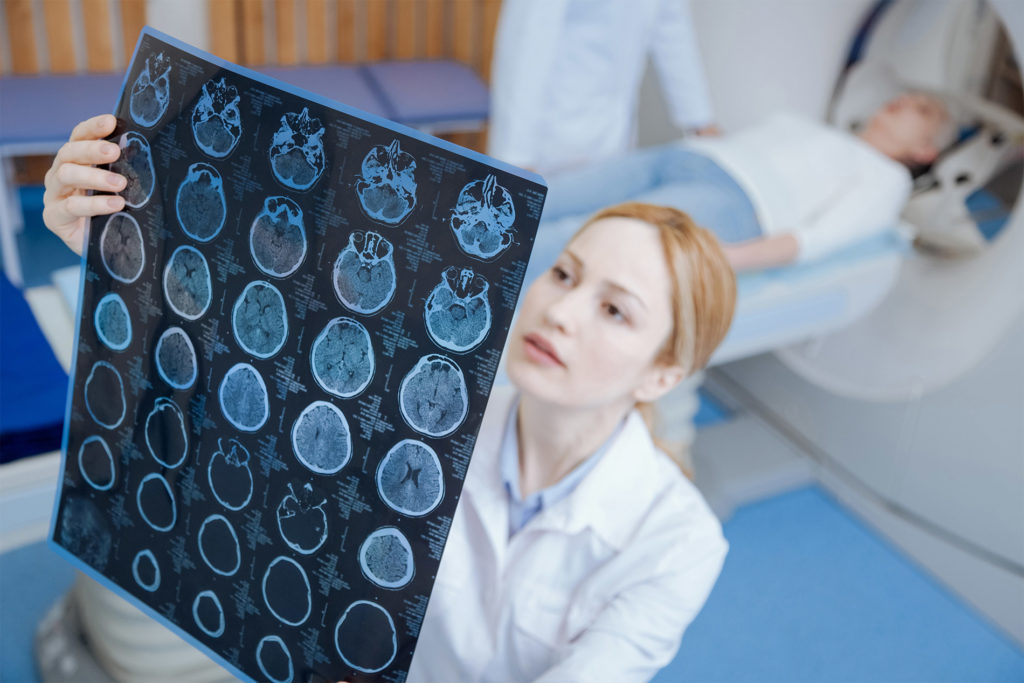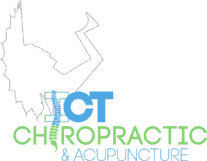Headache/Migraines
90% of Americans suffer from headaches or migraines.
Headaches are often the result of tight muscles and restricted joints within the neck and upper back. Migraines can have hormonal and chemical predispositions; however, they are often associated with secondary headaches. Secondary headaches cause abnormal tension within the muscles of the head, neck, shoulders, and upper back, increasing the frequency and duration of migraines.
Symptoms of a headache include:
- Throbbing, pounding, pulsating, intermittent or constant un-comfortability
- Generally bilateral or global (entire head) discomfort
- Pain starts in the occipital region (back of the head) and spreads around the outsides toward the frontal area
- Pain is often made worse by neck movements or sustained postures
- Decreased neck range of motion
- Sensation of a band or vise around the head; sometimes described as a painful, tight scalp
- Muscular tenderness or soreness in the soft tissues of the upper cervical spine

Dental Department

Neurology Department

Gynaecology Department

Traumotology Department

Births Department

Cardiology Department
Call/text us
316.347.5900
Symptoms of a migraine include:
- Pulsating
- One-day duration
- Unilateral (one side of the head)
- Disabling
Treatments
Implantable Cardiac Monitor (ICM) – $150
Treadmill stress testing – $300
Transoesophageal echocardiogram (TOE) – $115
Pacemaker checks– $333
Electrophysiology – $258
Holter monitoring – $464
Investigations
Implantable Cardiac Monitor (ICM) – $150
Treadmill stress testing – $300
Transoesophageal echocardiogram (TOE) – $115
Pacemaker checks– $333
Electrophysiology – $258
Holter monitoring – $464

























